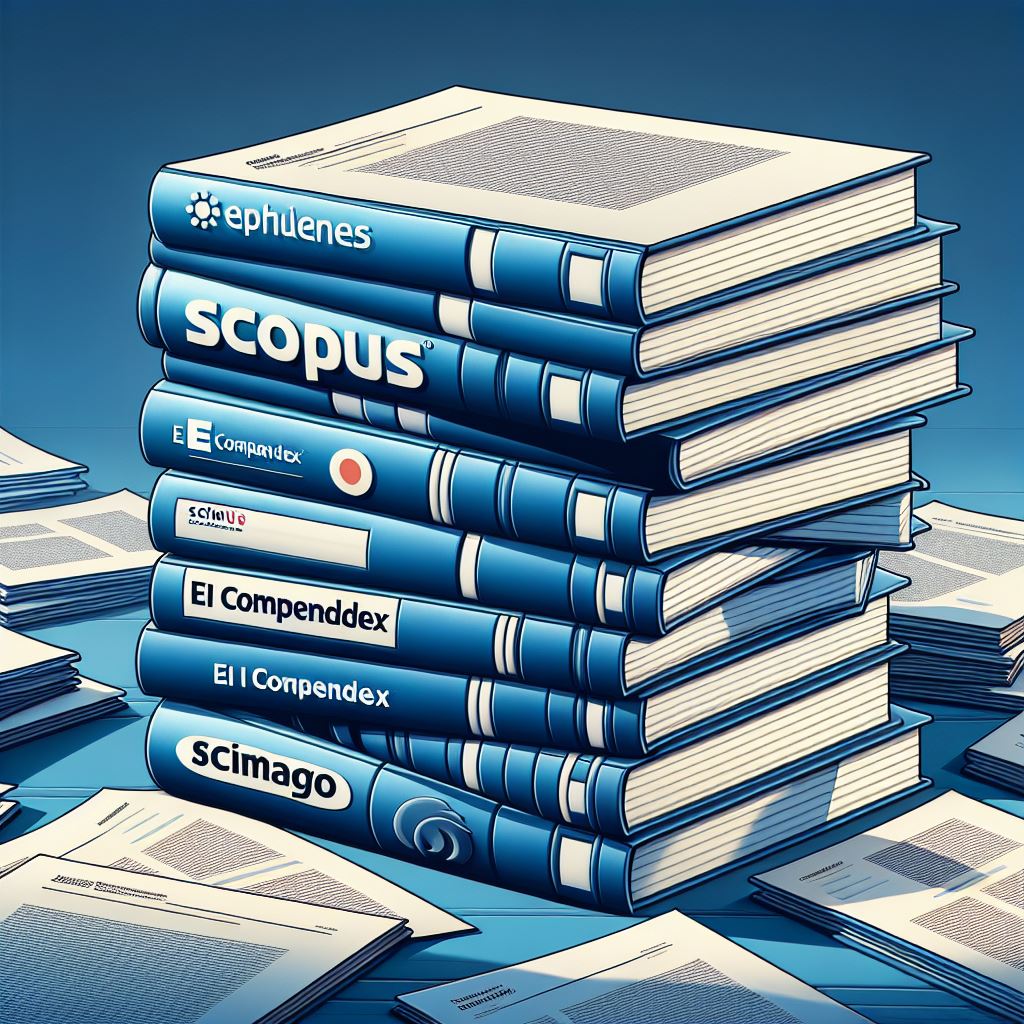
The deadline for submitting abstracts for the 15th edition of the REHVA CLIMA 2025 conference, organized by AiCARR, has been extended. Abstracts for papers to be presented at the international congress in the fields of heating, cooling, and air conditioning can now be submitted until September 16.
CLIMA 2025 will take place from June 4 to June 6, 2025, in Milan and will be titled “Decarbonized, Healthy, and Efficient Buildings for the Climate of the Future.”
For more information, visit the following link.
To submit your abstract, click here.
New HVAC components and systems
- New heat pumps and air conditioning systems; New low GWP refrigerants; Solar systems; Renewables in HVAC; Energy recovery systems; Enhanced surfaces.
- Digital Twins; Fault Detection, Diagnosis and Evaluation, New monitoring and control systems: Artificial Intelligence; Machine Learning.
HVAC impact on comfort and health of occupants and operators
- IEQ; IAQ; Ventilation; Healthcare Environments; Thermal comfort; Air filtration; Contaminants control.
Environmental impact of the new technologies, economic and social consequences
Urban Heat Islands; Energy poverty; Energy audits; Energy certification; Carbon footprint; Climate change mitigation; LCA.
Breakthrough design approaches for minimization of HVAC carbon footprint
Multisource heat pumps; LCC; Commissioning; BIM; Thermal energy storage.
Renewable energy communities plus energy districts
Short and long-term energy storages for the decarbonization of heating and cooling in buildings and districts
Zero Emission Buildings
ZEB; NZEB; ZCB.
Adaptive and integrated technologies for the building envelope
Options for mitigating the impact of building energy consumption on future climate changes
Energy demand management; Energy Modeling to Design Energy-Efficient Strategies.
Smart Buildings
Smart Readiness Indicators; Cognitive buildings; Internet of Things; BIM; Digital Twins; BMS; Interoperability; Security.
New monitoring and control systems; BACS; Remote Metering; Data Analytics; Cloud Computing; Artificial Intelligence; Machine Learning.


